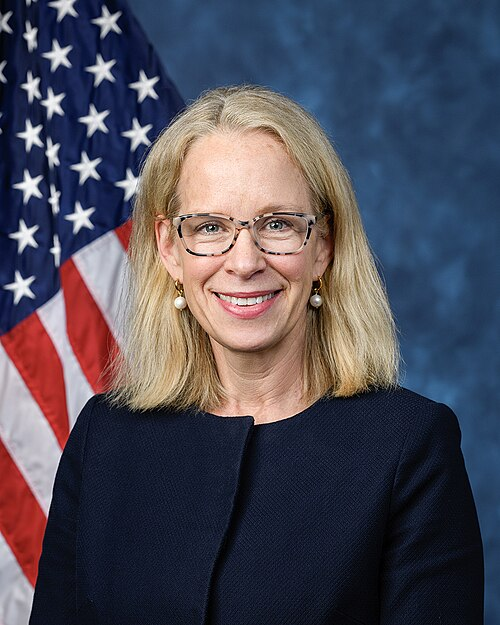H.R. 3479: Safeguarding Essential Cables through Undersea Risk Elimination American Telecommunications Act
This bill, known as the Safeguarding Essential Cables through Undersea Risk Elimination American Telecommunications Act (SECURE Act), aims to enhance the licensing and security processes for submarine and cross-border terrestrial telecommunications cables in the United States.
Key Provisions
- Submarine Cable Licensing: The bill transfers the licensing authority for submarine cables from the President to the Federal Communications Commission (FCC). It establishes conditions under which licenses can be issued and prohibits licenses for cables connecting the U.S. directly to areas controlled by foreign adversaries or to facilities using communications equipment on a specified prohibited list.
- Cross-border Terrestrial Telecommunications Cable Licensing: Similar to submarine cables, no terrestrial telecommunications cable may be constructed or connected to a foreign country without an FCC-issued license. The requirements for these cables align closely with those for submarine cables.
- Permit Process: The Secretary of the Army is tasked with issuing a general permit for constructing and maintaining submarine cables within a nationwide framework. This process simplifies existing permitting requirements by reducing the need for multiple federal authorizations.
- Incident Reporting: Any individual or entity that repairs damage to submarine or terrestrial cables must report the incident to the FCC and relevant federal agencies within seven days of starting repairs. This report must include details about the damage and its cause.
- Protection Zone Study: The bill mandates a study on establishing submarine cable protection zones to protect these cables from both accidental and intentional harm. The study will analyze the benefits and feasibility of such zones.
- International Security Agreement: Within 180 days of the bill's enactment, the Secretary of State is required to pursue an agreement with allied countries to establish minimum security standards for submarine cables and their landing stations.
- Penalties for Damage: The bill increases penalties for causing damage to submarine cables, raising potential imprisonment terms and fines significantly.
- Membership in International Cable Protection Committee: The FCC must pursue membership in the International Cable Protection Committee within 30 days of the bill's enactment.
- Regulatory Updates: The FCC is directed to establish and periodically review minimum standards for the physical security and cybersecurity of submarine cables and their associated infrastructure.
Definitions
- Cybersecurity Risk: Defined as any threat or vulnerability that can compromise the operation of telecommunications systems, including unauthorized access or attacks.
- Foreign Adversary: Refers to specified foreign governments or organizations that pose national security threats.
- Submarine Cable Protection Zone: A geographical area where restrictions may be placed on marine activities to safeguard submarine cables.
Implementation Timeline
The FCC is required to finalize decisions on licenses within 540 days of receiving applications, ensuring a clear and timely process for new projects.Relevant Companies
- AMT (American Tower Corporation) - As a company involved in telecommunications infrastructure, it may need to adjust its operations in light of new licensing regulations affecting cables and communication networks.
- T (AT&T Inc.) - As a major provider of telecommunications services, AT&T may face changes in its operations and regulatory compliance due to new cable licensing and cybersecurity requirements.
- VZ (Verizon Communications Inc.) - This telecommunications giant may be significantly impacted by the added security standards and licensing processes outlined in the bill.
This is an AI-generated summary of the bill text. There may be mistakes.
Show More
Sponsors
4 bill sponsors
Actions
2 actions
| Date | Action |
|---|---|
| May. 19, 2025 | Introduced in House |
| May. 19, 2025 | Referred to the Committee on Energy and Commerce, and in addition to the Committees on Transportation and Infrastructure, Natural Resources, and Foreign Affairs, for a period to be subsequently determined by the Speaker, in each case for consideration of such provisions as fall within the jurisdiction of the committee concerned. |
Corporate Lobbying
0 companies lobbying
None found.
* Note that there can be significant delays in lobbying disclosures, and our data may be incomplete.
Potentially Relevant Congressional Stock Trades
Estimated excess return of the underlying stock since the transaction































